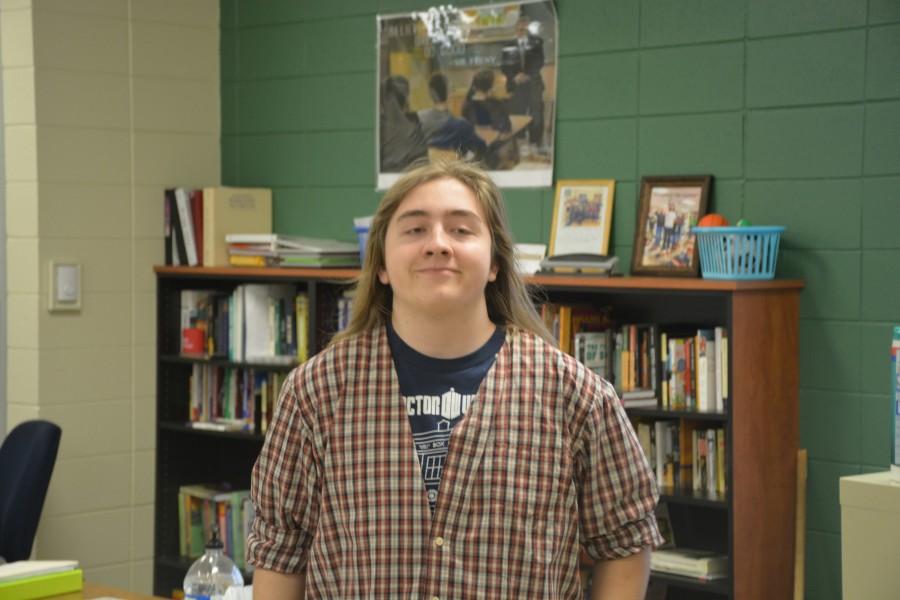How one interstate makes a difference
Mark Preston
How can a few miles make such a difference?
Here at Chapman every classroom has a projector have and we have two computer labs. Those two computer labs are two more than some high schools in South Carolina.
We all are very fortunate to have a free education and we are even more fortunate to be going to a school in South Carolina that has decent funding.
South Carolina is the home of the Corridor of Shame, a string of schools in South Carolina schools that have little to no funding and subpar test scores that drag down the states average.
Most schools funding comes from the surrounding areas taxes.
The government gives the states a rank biased on the states average test scores, as the state’s ranks falls the state and people who live in it begin to look uneducated.
If a school has a high dropout rate or a high failure rate in schools, the crime of the nearby area goes up and prospective businesses won’t want to move in and start giving people jobs.
With no new jobs and no new tax paying businesses the schools funding will stay low, and so will the students education level.
The cycle has little chance of being broken as it would need the states test scores go up or people in the schools surrounding area to be paying more taxes.
With the schools being centered in low wealth communities and with the students not receiving and adequate education the chances of the students going to college go down and the chances of them turning to crime go up.
This all perpetuates the cycle of students not receiving a good education and then go on to not having a successful life after school.
Why do we let this happen? Why do we need to base funding on the states average test scores? Why can’t this cycle be broken?
Because we don’t care, we just say, “They were poor and would not do anything anyway.”
We don’t want to support the people in need; we want to help the people that have so they can have more.
We all are selfish people, and we want our kids to do good things, but we could not care less about less fortunate kids.
Your donation will support the student journalists of Chapman High School. Your contribution will allow us to purchase equipment and cover our annual website hosting costs.

